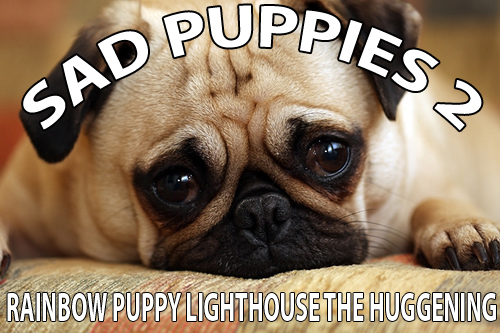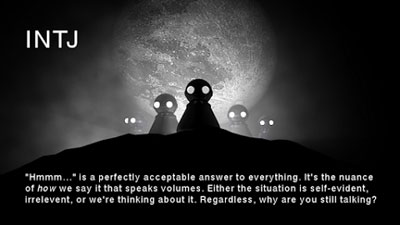…and how it impacts the publishing industry, the economy, and the rest of the world in general.
Okay, I swear, I am so not cyberstalking Cedar even though whenever I see that she’s posted something I drop whatever I’m doing and go read it because I’m beginning to wonder if she and I get messages from the same s00per s3kr3t radio station or something. We’re both evil unicorns (which is cool) and we’re both writers (though I think she’s more experienced than I am since I’ve only been in the game a few years) and we’re both nerds so there’s going to be some overlap. But when I read her post on the topic of credentialing, I had the strangest physical reaction (think full-body shiver and skin crawling) because I was thinking about this exact topic last night.
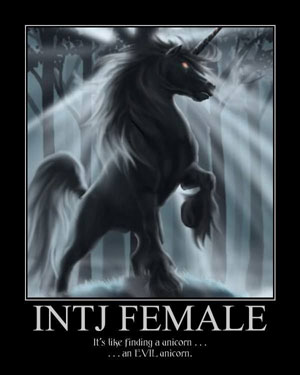
Eerie.
So, without further ado…
We live in interesting times. Really interesting times. In the past two hundred years, the world has flipped around in a lot of ways and some groups haven’t quite had a chance to catch up. The rate of change isn’t going to slow down anytime soon (if anything, the rate of acceleration is increasing) and it’s created rather a lot of chaos that makes it difficult for everyone. This started back with the Industrial Revolution but has really kicked into high gear with the Digital Revolution. However, for now, I want to focus in on one particular trend that’s been a particular nuisance in recent years and that’s the vicious hamster wheel of the credential chase.
Long ago, a young man would purchase an apprenticeship, serve a set number of years under a master craftsman, become a journeyman, then prove his skill as a master and be free to set up his own shop and take on apprentices himself. Credentials were reserved for things like the clergy (and thus controlled by the Church) or the universities (which meant they were for the aristocrats’ second or third sons). Very few people had them or needed them and thus, they were quite valuable. Then along came the Industrial Revolution and the modern education system with its assembly-line cookie-cutter approach and, for a short time, a high school diploma was sufficient for entry into the modern work force and could get a person a job at a factory or as a teacher, secretary, bank teller, or other office worker. College was for those who were going into more advanced fields.
But when everyone could get a high school diploma easily, the value of having one was lower and the credential was less valuable. Factor in that unions with their work rules, refusal to consider the impact of their demands on the business’s bottom line, and refusal to police their members and maintain high standards in work ethic to justify wage and benefit increases helped drive manufacturing jobs overseas; that globalization came in and cut out a lot of the protectionism the Industrial Era institutions relied on; and that things like the G.I. Bill started a very perverse incentive for colleges, lenders, and the government to feed off each other (and the taxpayer) and the credentialing hamster wheel started spinning. Suddenly jobs that once barely needed a high school diploma to be done now require a Bachelor’s degree. There are hundreds of professions that people used to freelance out of their homes that now require expensive (and extensive) licenses to perform (hairstylist, barber, masseuse, babysitting, tutoring, music lessons…) I’ve worked in the tech world for over a decade now and credentialing there is getting insane. Techies like to pride themselves on valuing knowledge over shiny badges but it is very hard to break into different fields without certain credentials these days and it’s very hard to obtain those credentials without already being in those fields because the certification tests are expensive.
I’m waiting for the day when the Bachelor’s degree I worked my butt off to get (I did a four-year in three) is as worthless as a high school diploma because everyone is required to have one. I’ve looked into getting a Masters degree but can’t afford one. And, to be honest, none of the jobs I’ve ever held have required me to use any of the crap I learned in college. I’m not saying that college was useless for me; I enjoyed it and learned a lot of valuable research information. I’ve just never really used any of it professionally. No, all of the skills I’ve used professionally are things I’ve either taught myself, learned on the job, or learned in high school and built upon in college.
Frankly, in the constant chase after credentials, the only ones coming out ahead are those who grant the credentials. Employers can’t be happy with it because the greater a credential they require for a job, the more they’re going to have to pay that person (and that’s another vicious cycle all its own). Regular folks aren’t happy with it because it gets tiring having to chase credential after credential just so we can check off boxes from an HR flunky who doesn’t know what she’s doing (really — I filled out an application a week ago that had listed as a requirement for the job “10+ years experience in PHP5 and HTML5” when PHP5 just celebrated a decade this year and HTML5 isn’t even a year old. Topping that, I’ve seen requirements for “At least 10+ years development in Ruby on Rails” when the framework is only nine years old!)
So, what is to be done about it? Well, first of all, fire all the HR departments. Then fire all of the politicians. Maybe consider setting them on fire while firing them? Or fire them into an orbital trajectory or something. Regardless — fire them a lot. Then shut down the entire education system, redesign it so that it actually creates a literate society instead of turning out factory workers, re-instate vo-tech-like schools for skilled trades and quit looking down on people who do that work because they’re cool people and smart as hell. They’re just smart in a different way like we’re smart in a different way, okay? To them, I’m as dumb as a box of rocks because I can’t unstop a toilet and I’m weird because I remember a particular cardio-arrhythmia that I read about and was able to deduce someone’s wife had based on a conversation they were having with the check-out clerk when they were at the grocery store the line ahead of me.
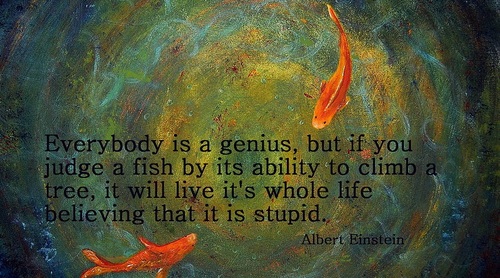
Not everyone needs to go to college. Not everyone is smart the way I’m smart and that’s okay. But we’ve really got to end the constant credential chase because, if we don’t, eventually Ph.D.s are going to be required to work the drive-thru at McDonalds. Unless, of course, we’ve replaced the entirety of the McDonalds staff with a robotic restaurant and the drive-thru is a voice-activated kiosk with a debit/credit card reader which is a distinct possibility.
— G.K.












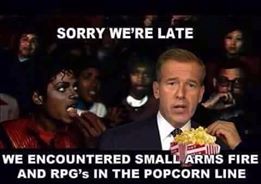
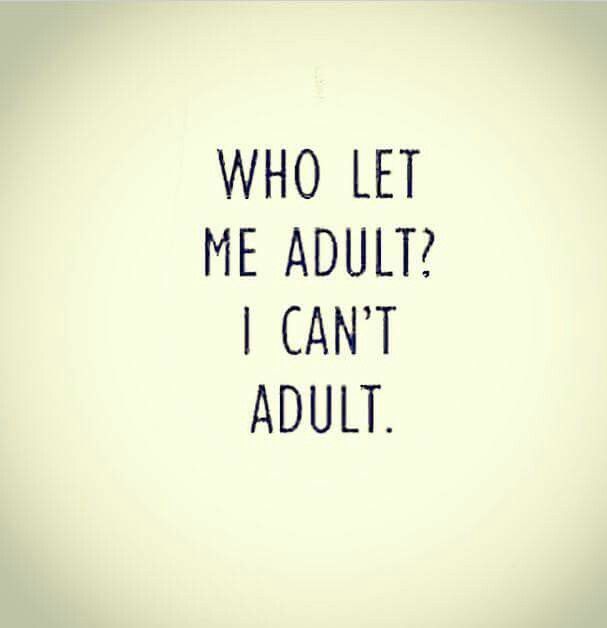

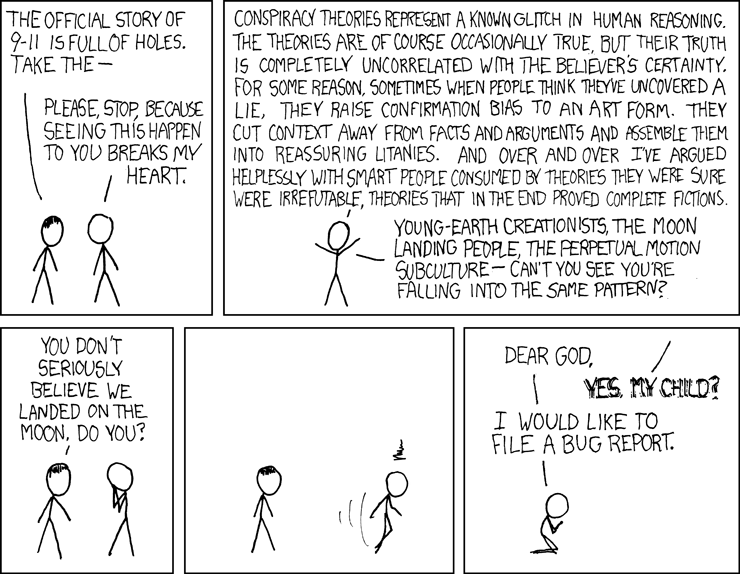
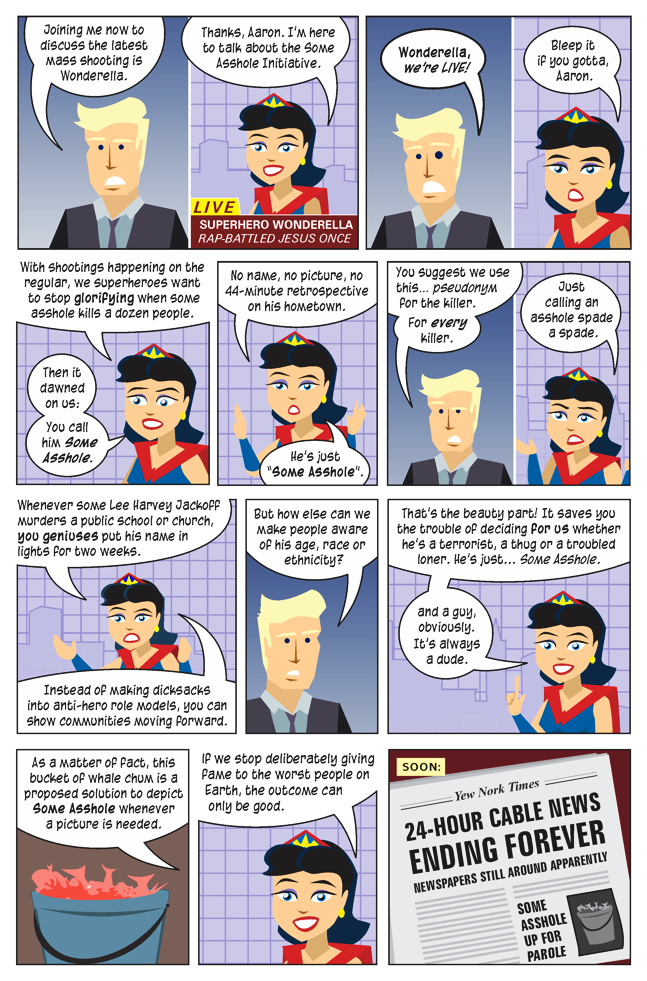
 I hope you’re enjoying them.
I hope you’re enjoying them.